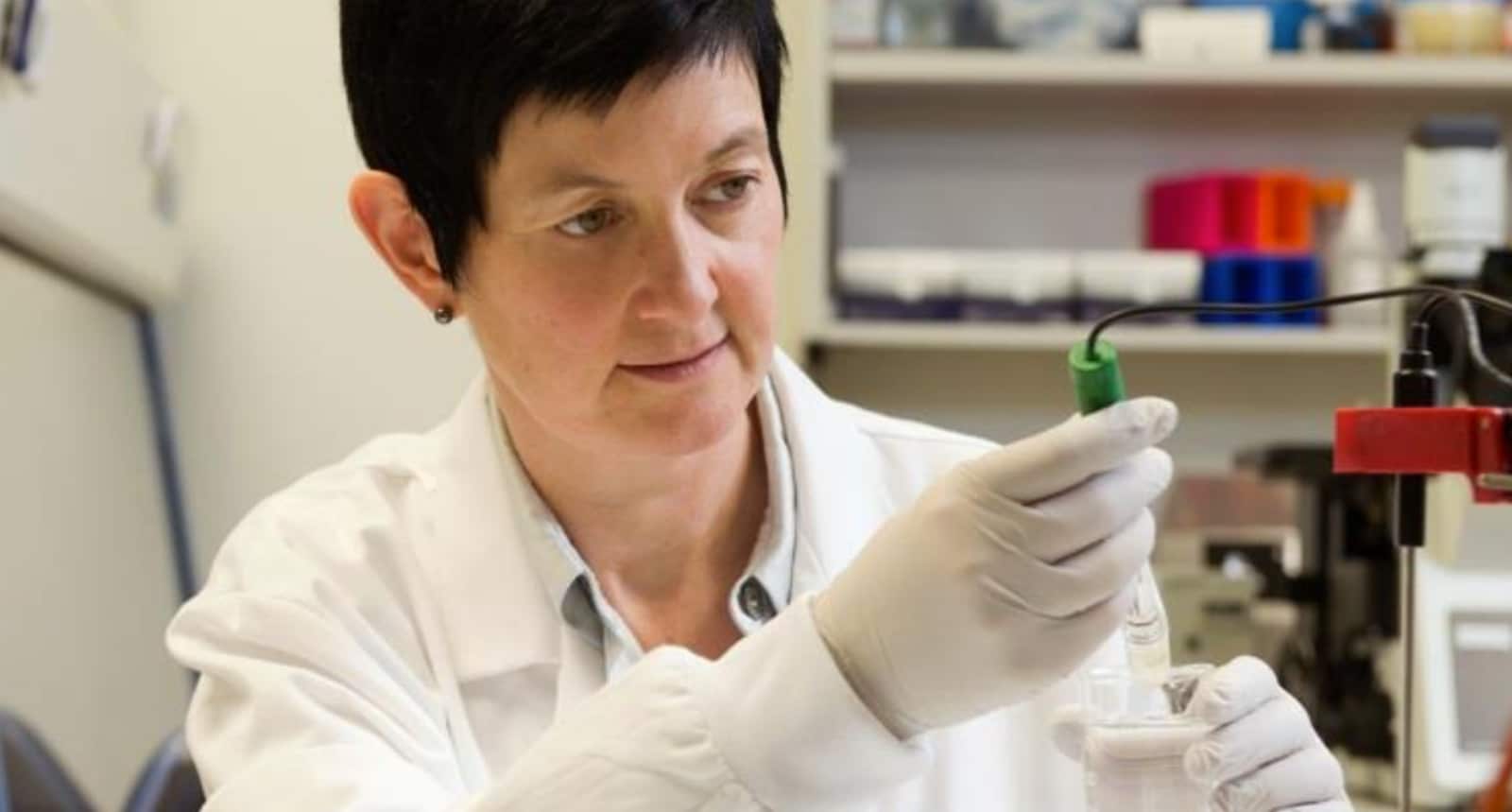
Understanding vision loss caused by the dengue virus
Prof Justine Smith, Flinders University, South Australia
Worldwide, deaths due to dengue virus infection have increased by around 50% between 2005 and 2015, to 18,400. In Australia, the number of dengue virus infections is at a 20-year high. At present no approved vaccines or anti-viral drugs are available to treat dengue virus.
Dengue virus infection may cause an array of different dengue eye diseases.
“Retinopathy, and particularly pathology involving the macula, is well described and most likely to adversely impact the vision,” explains Prof Smith.
“Ultimately any retinal inflammation resolves, but the prognosis of dengue retinopathy is highly variable, ranging from full resolution to permanent vision loss, irrespective of medical interventions to reduce inflammation.”
Prof Justine Smith and colleagues at Flinders University have planned a program of laboratory research to investigate exactly how dengue virus interacts with retinal cells at the molecular level. They are particularly interested in the immune response to the virus.
“Defining the interactions between DENV and retinal pigment epithelial cells represents a first step towards developing effective treatment for dengue retinopathy,” said Prof Smith.